Do I Need To Feed My Garden
Organic gardening is as popular as ever, and the methods we use plays a critical role in our health and the health of the planet.
There are many different all-natural fertilizers that you can use in your garden or with potting soil. Some of these fertilizers can be made or collected at home using common items from your pantry or your backyard. Here are 8 of our favorite DIY fertilizers for a variety of needs.
1. Grass Clippings
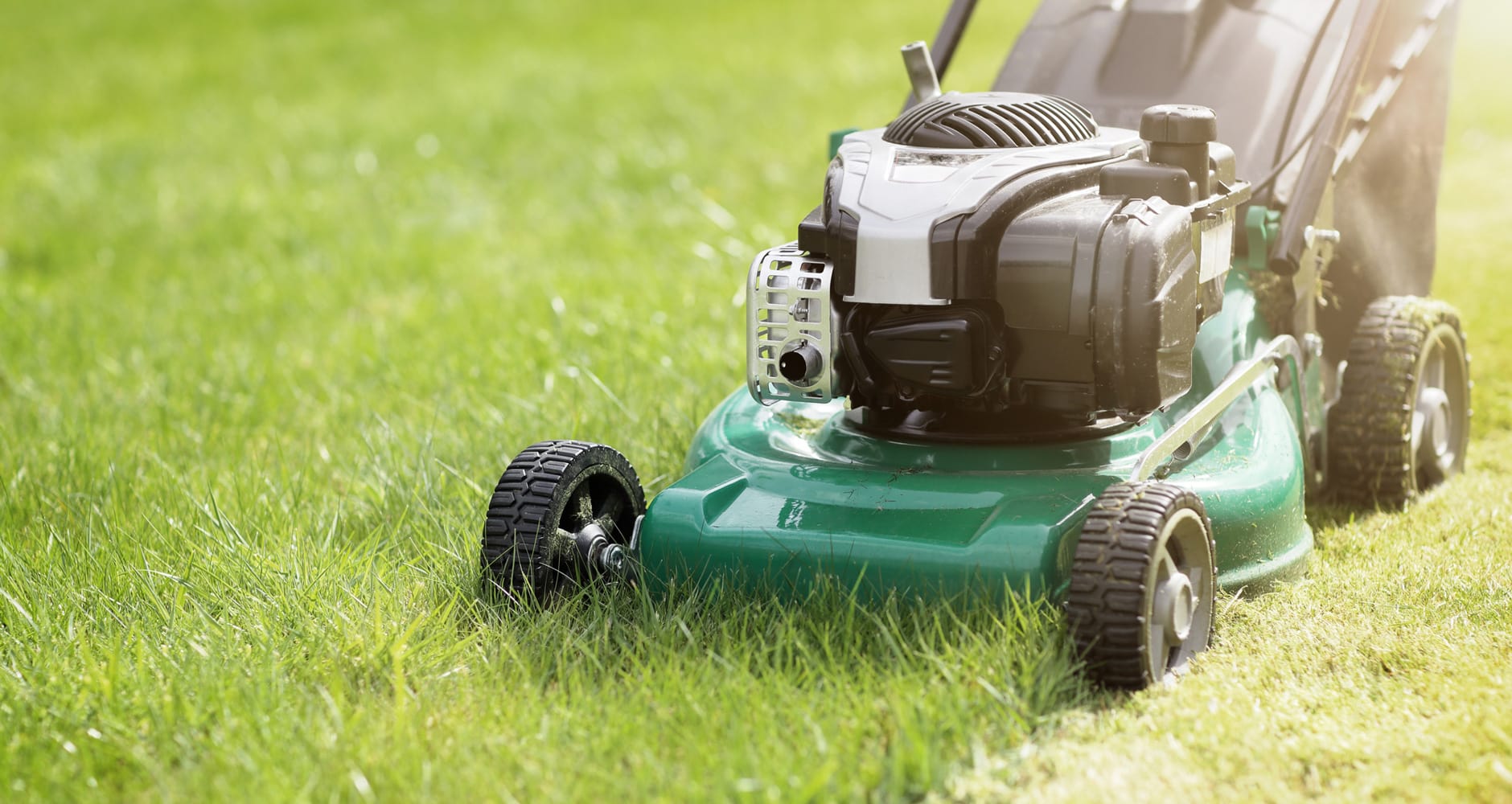
If you have an organic lawn, make sure to collect your grass clippings to use on your gardens. Half an inch to an inch of grass clippings makes a great weed-blocking mulch, and it is also rich in nitrogen, which is an essential nutrient for most plants.
2. Weeds
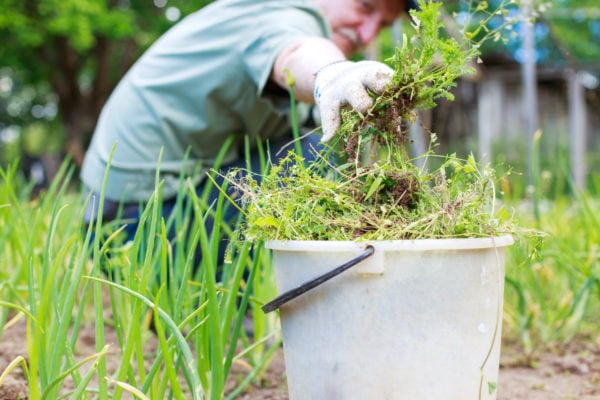
Just like grass clippings, many of the weeds that you'll find in your gardens are very high in nitrogen and will make an excellent fertilizer. The problem is, once you've pulled the weeds, you certainly won't want to put them back in the garden because any seeds will sprout and make new weeds. The solution? Make weed tea. To do this, fill a five-gallon bucket no more than 1/4 full with weeds that you've pulled. Then fill the bucket the rest of the way with water, and let the weeds soak for a week or two. Once the water turns nice and brown (like tea), pour this weed tea on your gardens.
3. Kitchen Scraps
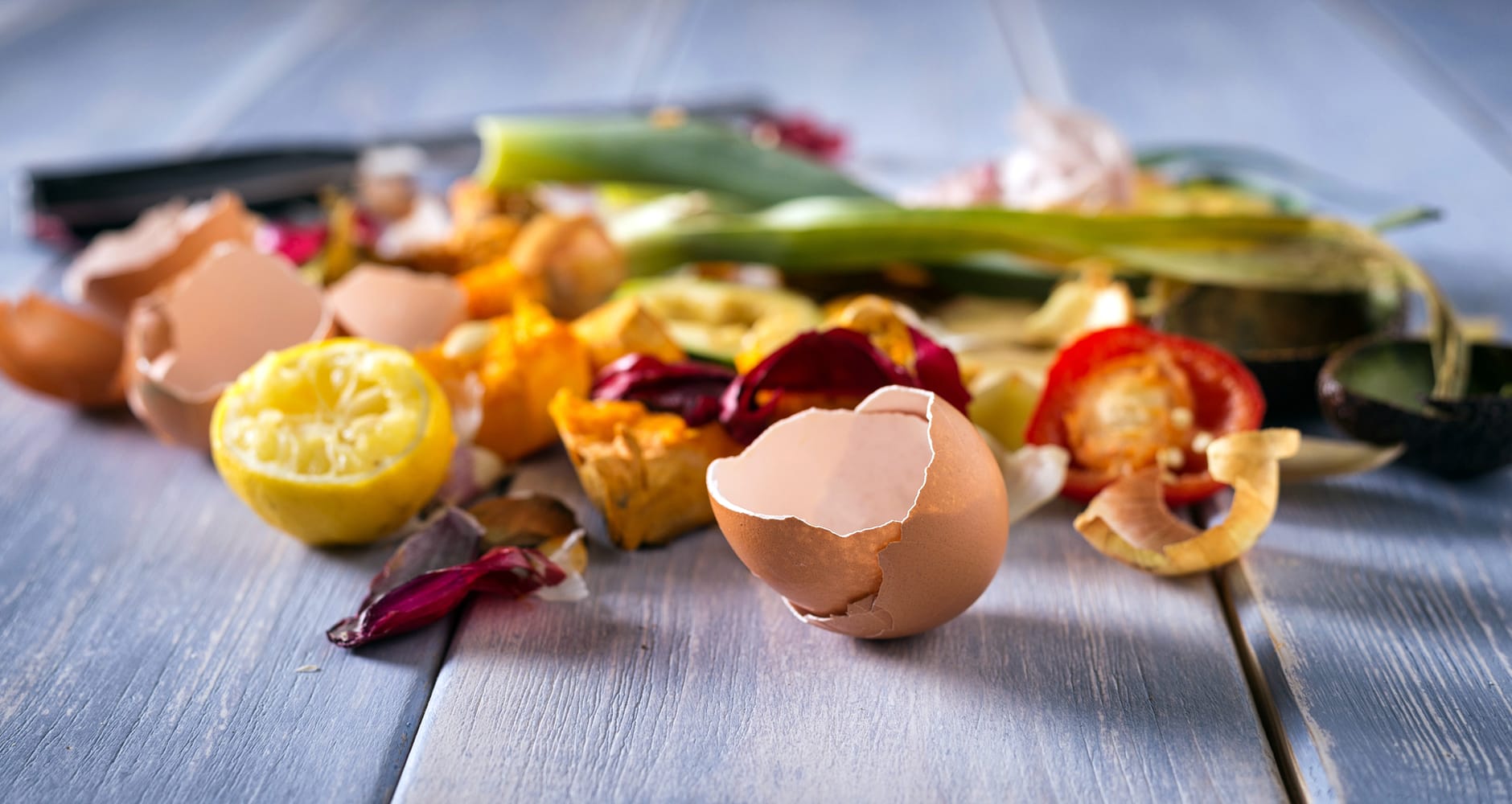
Put your kitchen and garden waste to work by making your own compost. Compost releases nutrients slowly, which means a well-composted garden can go a year or two without requiring reapplication of fertilizer. Compost also helps the soil retain moisture, which is essential for vegetable gardens to thrive during hot, dry summers.
4. Manure
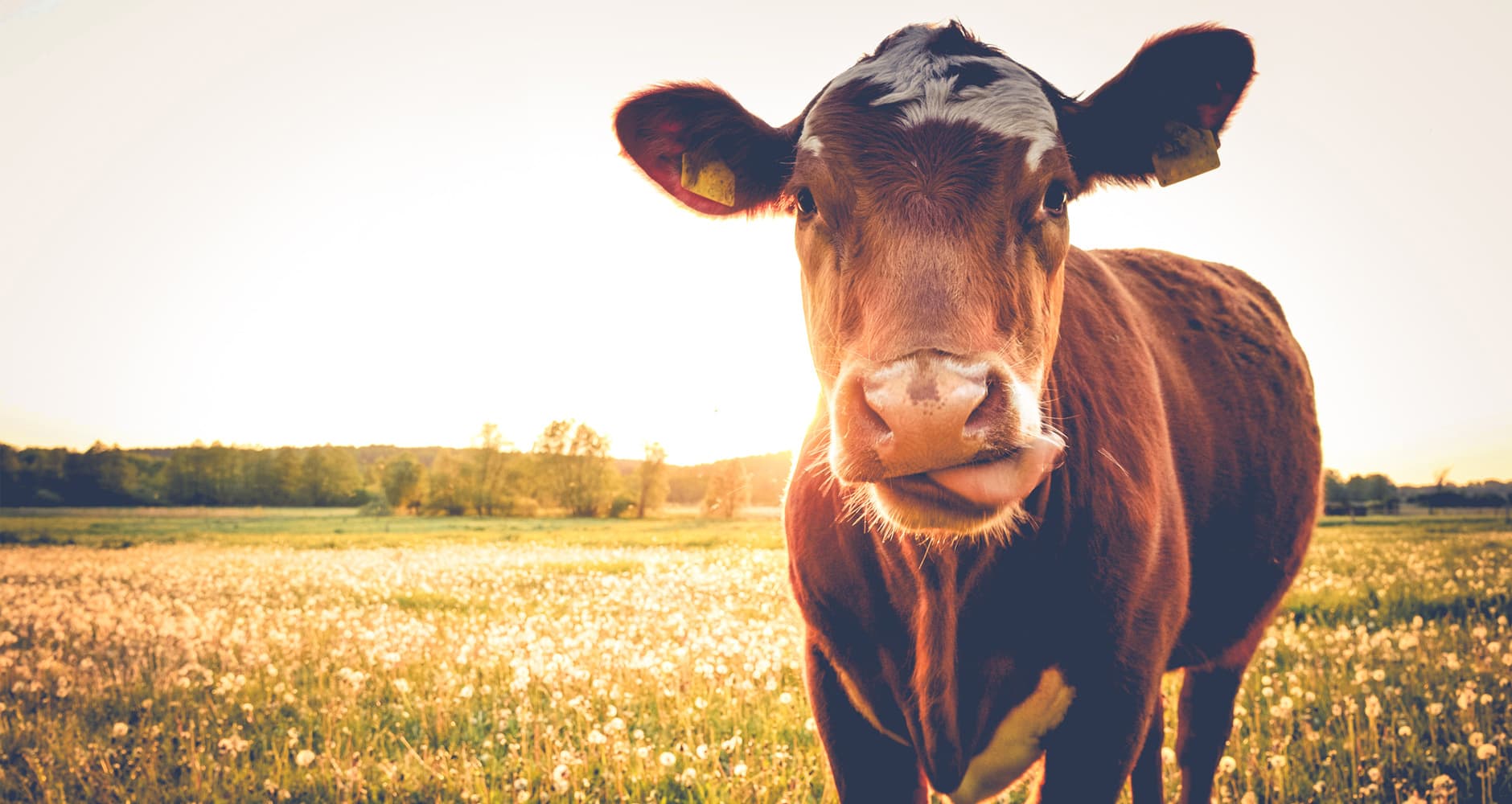
Manure comes from a variety of sources — cows, horses, chickens, and even bats. Each type of manure is high in nitrogen and other nutrients, but you'll need to use it carefully. Raw manure is highly acidic and may actually have more nutrients than your plants need, so too much can burn your plants. It's best to use composted manure. Since it is less nutrient-dense and acidic, you can use more of it to improve your soil's water retention without risking your plants. You won't have to wait long—manure quickly turns to a perfect odor-free soil amendment.
5. Tree Leaves
Rather than bagging up the fall leaves and putting them out on your curb, collect them for your gardens instead. Leaves are rich with trace minerals, they attract earthworms, they retain moisture, and they'll help make heavy soils lighter. You can use leaves in two ways: Either till them into your soil (or mix crushed leaves into potting soil), or use them as a mulch to both fertilize your plants and keep weeds down.
6. Coffee Grounds
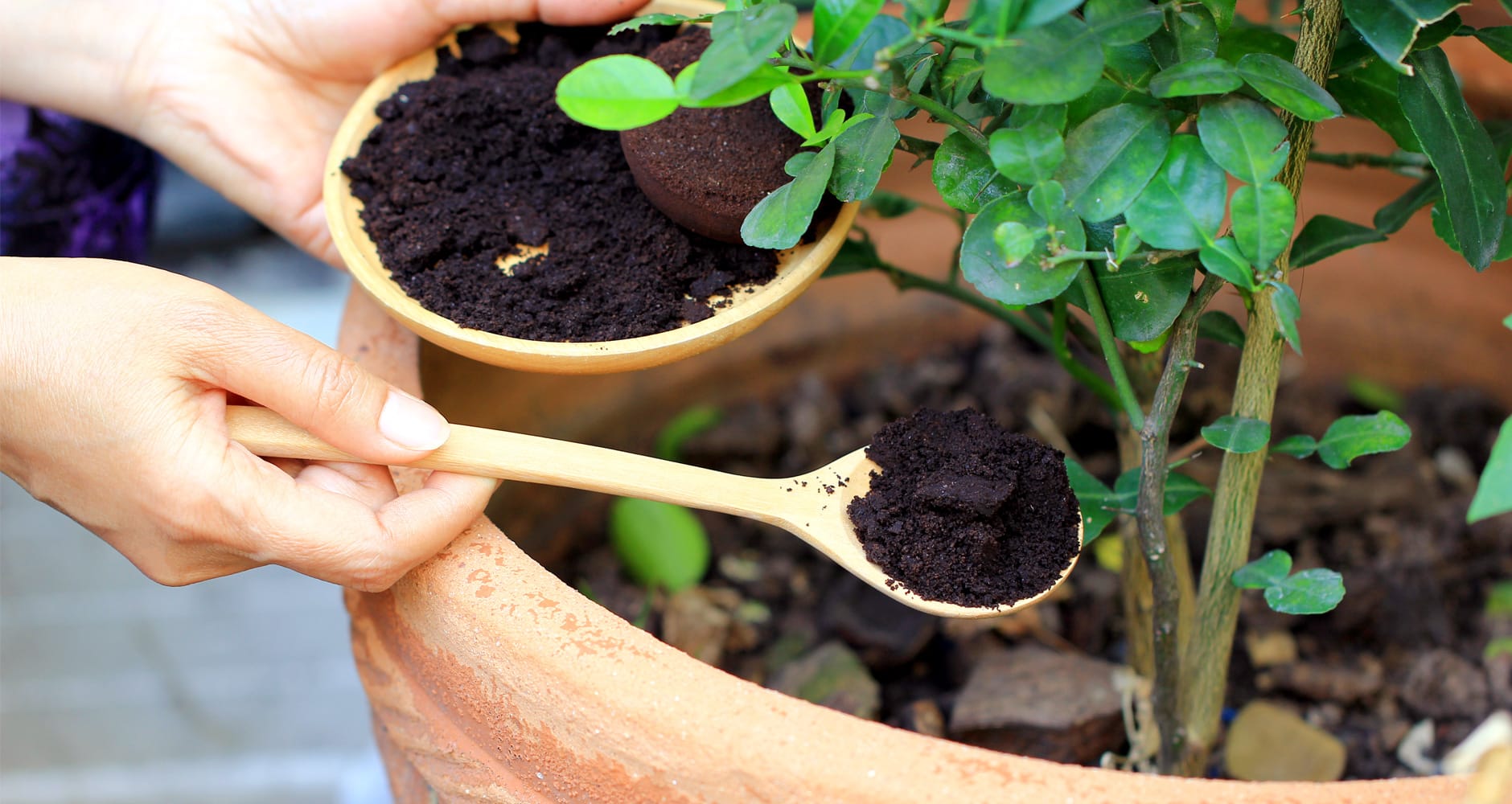
Coffee grounds come with a lot of uses, but one of their best is as a fertilizer. Lots of plants, such as blueberries, rhododendron, roses, and tomatoes, thrive best in acidic soil. Recycle your coffee grounds to help acidify your soil. There are a couple of ways to do this— you can either top dress by sprinkling the used grounds over the surface of the soil, or you can make "coffee" to pour on your gardens. Soak up to six cups of used coffee grounds for up to a week to make garden coffee, then use it to water your acid-loving plants.
7. Eggshells
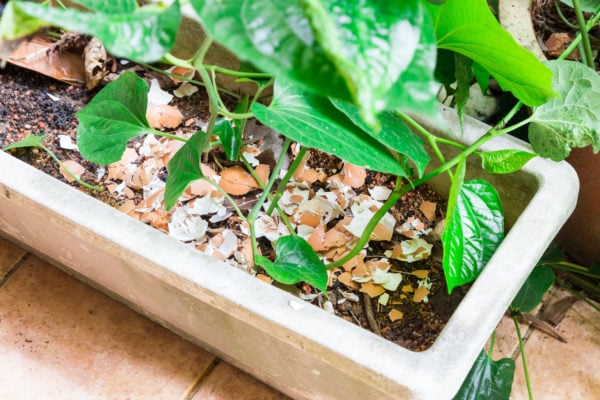
If you've ever used lime on your garden, then you know it comes with lots of benefits — chiefly, it helps lower the acidity of your soil for plants that don't like acid, and it provides plants with lots of calcium, which is an essential nutrient. Lime itself is an all-natural fertilizer that you can buy at the garden center, but if you'd rather save some money, there is a cheaper way to get the same benefits. Simply wash out the eggshells from your kitchen, save them, and crush them to use in your garden. It turns out that eggshells are 93% calcium carbonate, which is the scientific name for lime. See what else you can do with eggshells here!
8. Banana Peels
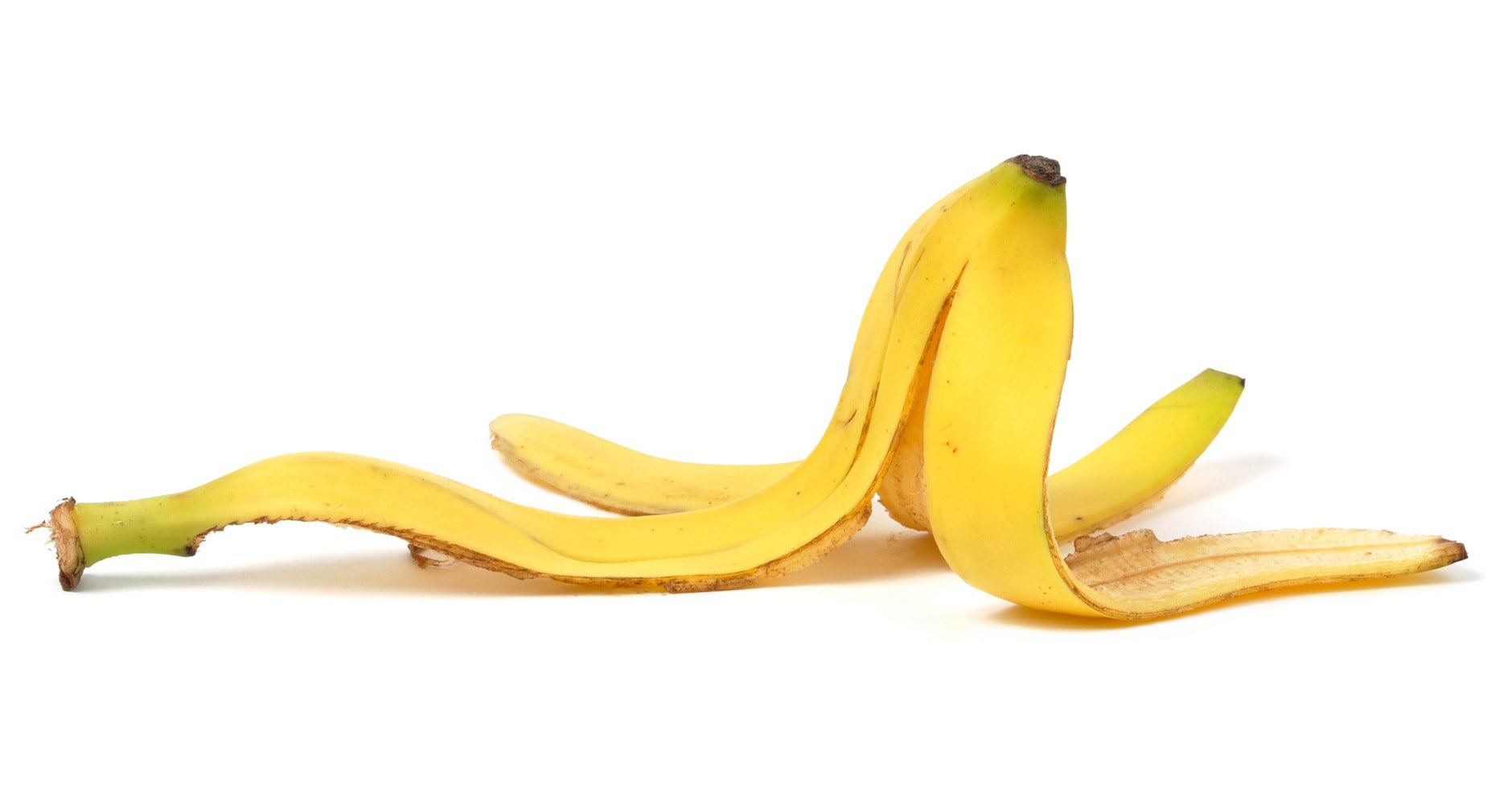
We eat bananas for their potassium, and roses love potassium too. Simply bury peels in a hole alongside the rose bush so they can compost naturally. As the rose grows, bury the peels into the soil's top layer. Both of these approaches will provide much-needed potassium for the plant's proper growth. Read about trench composting here.
No matter what you're growing, one or more of these fertilizers will make your gardens thrive!

Amber Kanuckel
Amber Kanuckel is a freelance writer from rural Ohio who loves all things outdoors. She specializes in home, garden, environmental, and green living topics.
Do I Need To Feed My Garden
Source: https://www.farmersalmanac.com/8-homemade-garden-fertilizers-24258
Posted by: merrymanblene1972.blogspot.com

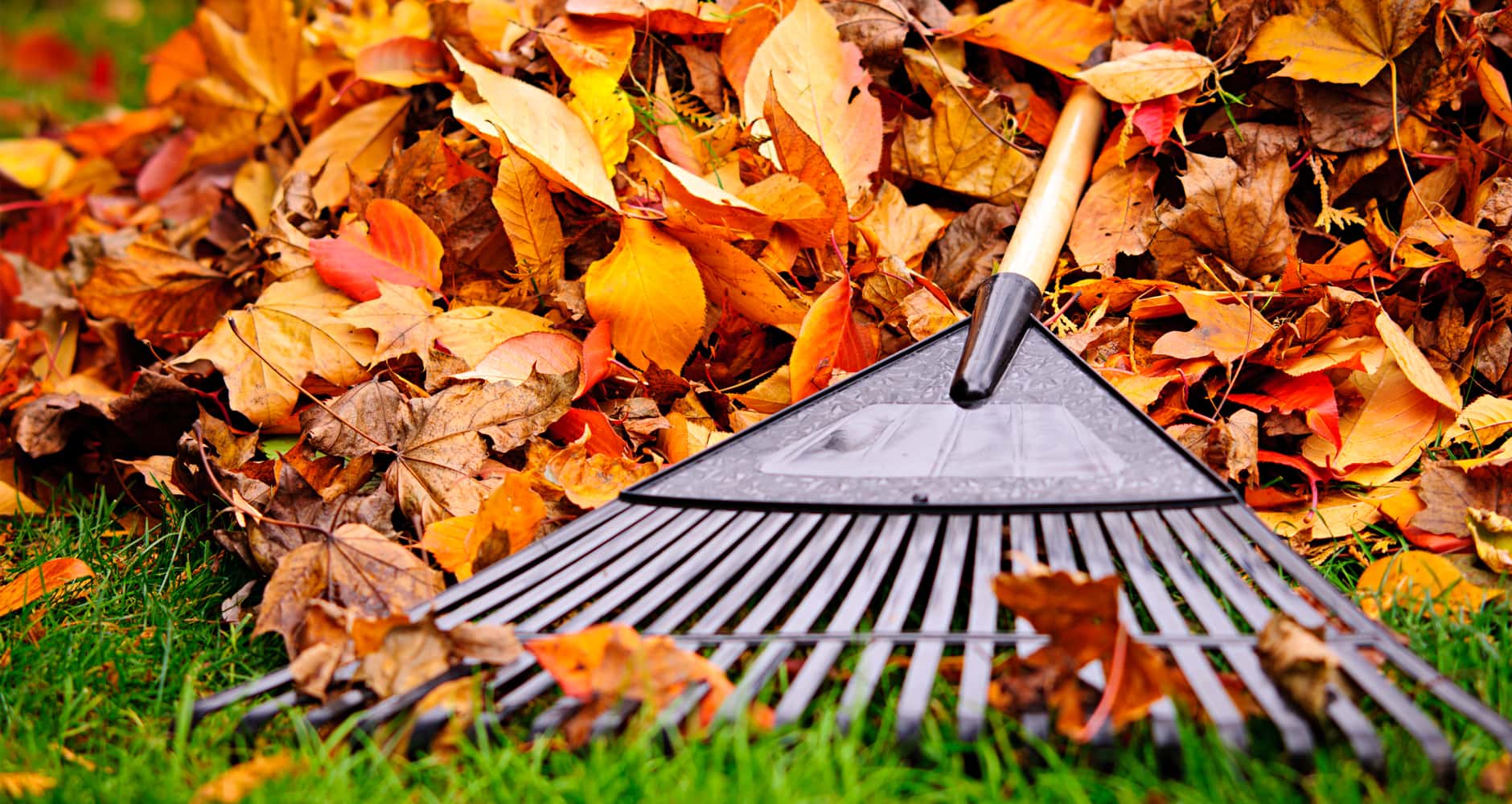
0 Response to "Do I Need To Feed My Garden"
Post a Comment